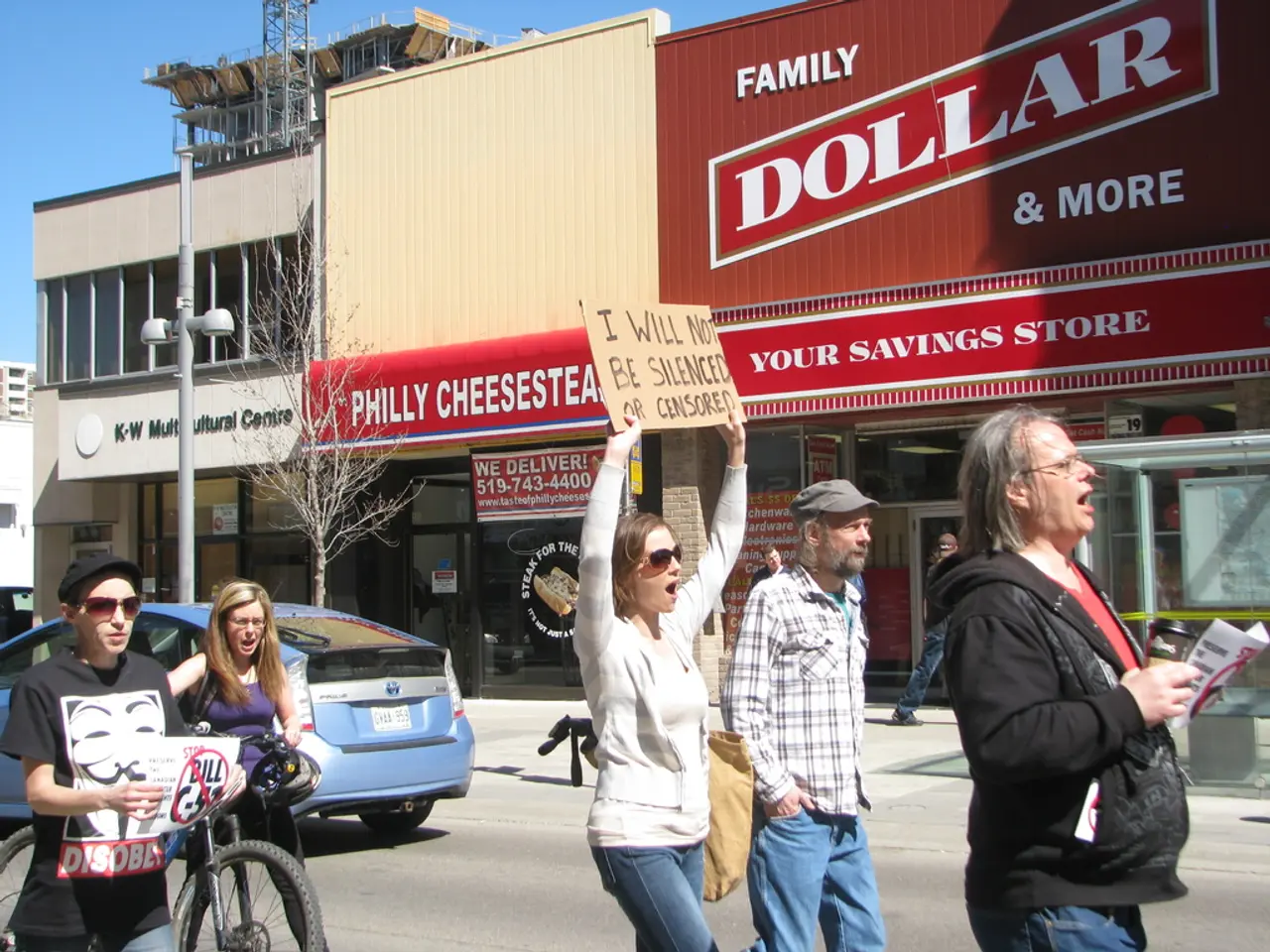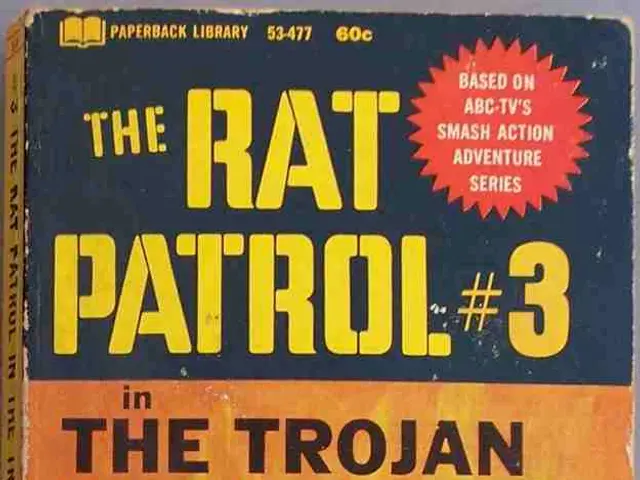Unrest and demonstrations engulf France, setting the cities ablaze with opposition to Macron and his recently appointed prime minister
In the heart of Paris, thousands of protesters took to the streets to voice their discontent against the government of President Emmanuel Macron. The day of upheaval aimed to pressure the new Prime Minister Sébastien Lecornu and President Macron, as demonstrations and strikes disrupted services in the city and across France.
The protesters' main complaint is that budget cuts are eroding taxpayer-funded public services. Union leaders and critics, broadly opposing Macron's austerity measures, led the protests. Fabien Villedieu, a leader of the SUD-Rail train workers union, criticized the government's austerity plan and called for the rich to pay for the crisis. Hospital nurse Aya Touré expressed frustration with the government, stating they have no understanding of real-life issues.
The opposition also wants the wealthy and businesses to pay more to help rein in France's debts. Left-wing parties and their supporters, such as Jean Pierre Mercier, an automobile factory union representative, argue that for decades, the rich, billionaires, and capitalists have emptied the protesters' pockets, and now they are being asked to repay the debt.
The "Block Everything" campaign added to the climate of crisis before taking to the streets. Lecornu has taken steps such as trimming lifetime benefits for former government ministers and scrapping proposals to eliminate public holidays. However, these measures have not quelled the protesters' anger.
Paris police reported an additional 55,000 people marched in the capital, while some unions reported over 1 million strikers and protesters nationwide. Violence occurred during the protests in Paris, with the use of police tear gas. Sporadic clashes occurred in the cities of Nantes, Rennes, and Lyon.
Over 80,000 police officers were deployed to maintain order in Paris and across France. Despite the deployment, Paris police used tear gas to disperse a before-dawn blockade of a bus depot and deployed in force during the afternoon march. The Interior Ministry reported 181 arrests nationwide as the afternoon ended, with more than 450,000 demonstrators outside Paris.
Travel disruptions occurred on the Paris Metro and French national rail company SNCF, with fewer disruptions than anticipated during rush hours. Police were ordered to break up blockades and prevent disruptions to non-protesting citizens.
The name of the opposition leader who spoke out against President Macron's budget cuts is not explicitly mentioned in the provided search results. Nevertheless, the protests and opposition involve union leaders and critics broadly opposing Macron's austerity measures, but no individual opposition leader's name is given.
The day's events gave Macron's critics a sense of momentum, as the collapse of several governments seeking to push through savings has emboldened the opposition. Juliette Martin, a student, criticized Lecornu for being another man in a suit who will follow Macron's line.
As the protests continue, it remains to be seen whether the government will heed the protesters' calls for change or press ahead with its austerity measures. The future of France's public services and the well-being of its citizens hang in the balance.




